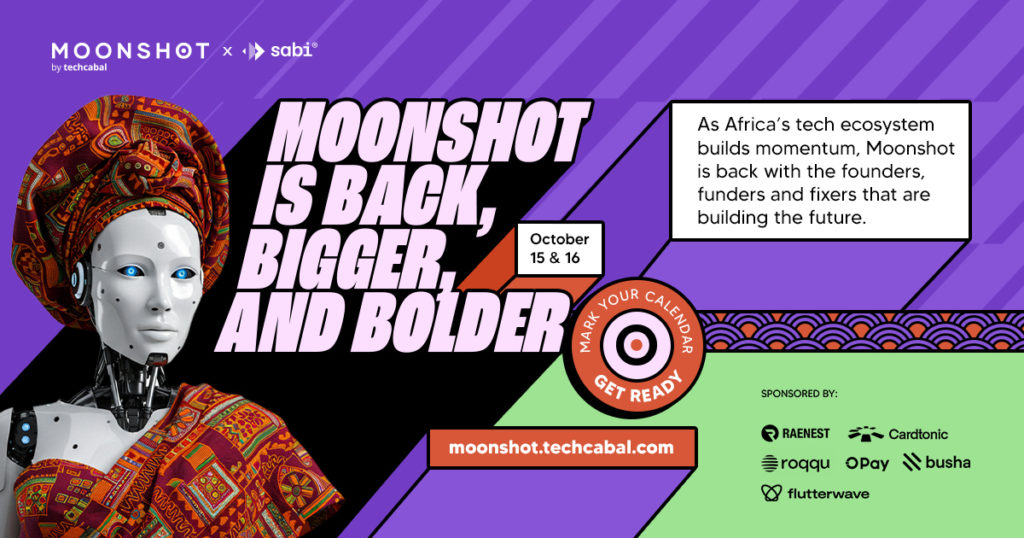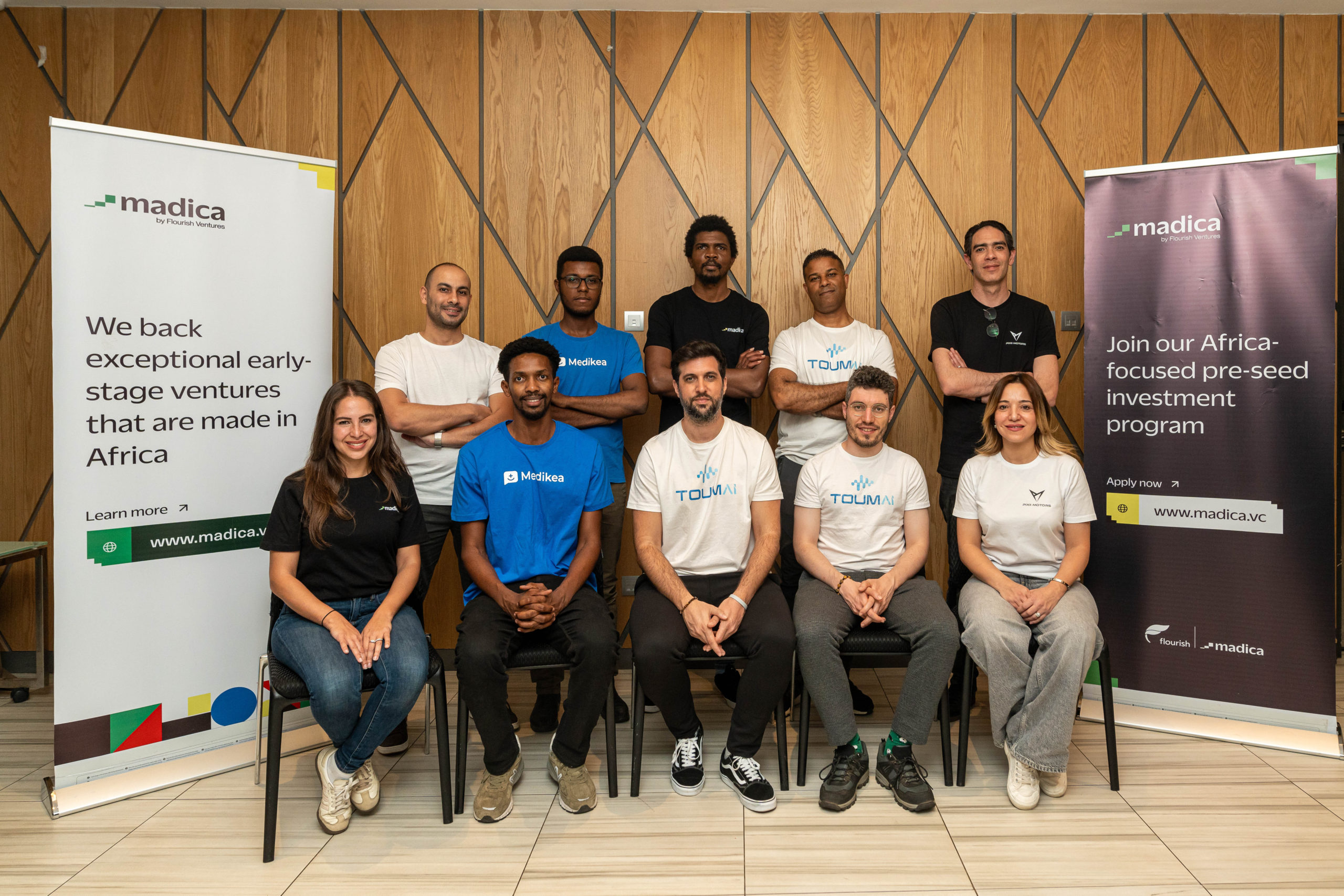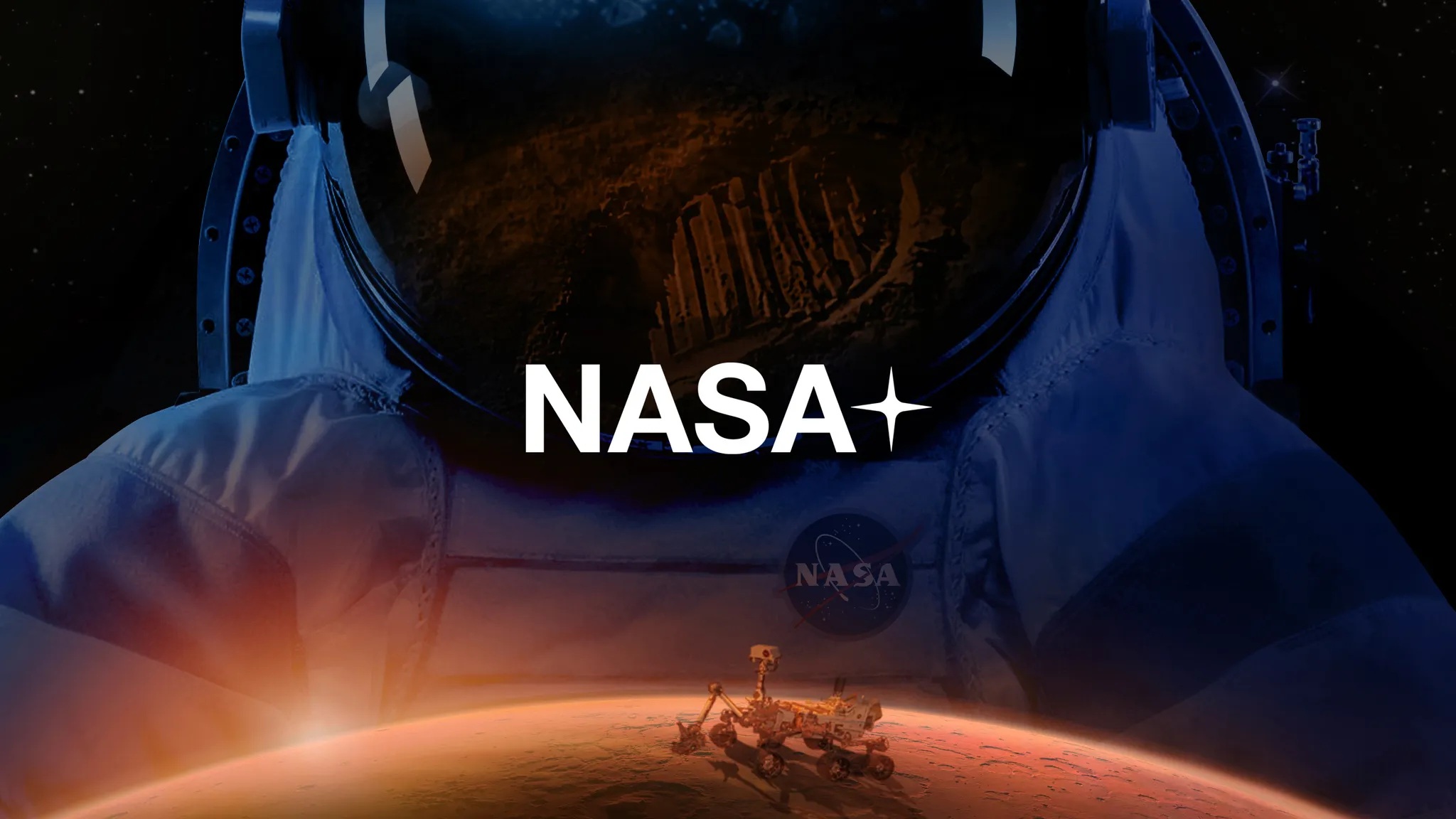Madica, which stands for Made-in-Africa, was launched in 2022 as an affiliate of global VC firm, Flourish Ventures, to invest in early-stage African founders, especially women, locally educated CEOs, and teams outside the “Big Four” hubs.
In 2022, when I spoke to Emmanuel Adegboye, head of Madica, he explained that by deliberately seeking out startups from other countries, he hoped that Madica could show investors that investment in other African countries was secure. That journey has led the fund to invest $800,000 in four startups earlier this year and eight in total.
Madica invests up to $200,000 for 5–10 % ownership of the startup it backs, but it is its intense founder support program, which mirrors an accelerator, that it’s mostly known for. Founders have to commit to mentor office hours, biweekly peer sessions, and four fully funded immersion trips over 12-18 months as part of their investment requirements.
The program’s cheque, combined with its curriculum model, bridges a common gap between accelerators (small cheques, standardised content) and classic VC (cheques but little capacity-building).
For this week’s Ask an Investor, I spoke to Akinyi Wavinya, who has led this intense founder support program thus far, to understand how their approach has fared since Madica began.
This interview is edited for length and clarity.
When Madica launched, it wanted to take an alternative approach to investing. The firm wasn’t focused on the “Big Four” markets and aimed to back under-represented founders. Has your definition of under-represented founders changed since then?
I don’t believe our definition has changed. At Madica, under-represented means three or four things.
First, it refers to market location, preferably outside the “Big Four” (Nigeria, Kenya, Egypt, and South Africa). It doesn’t mean we won’t invest in those markets, but we prefer to go beyond them because they’re already highly funded. Startups outside those regions often face greater challenges in raising capital.
Second, it includes gender. At least one person at a leadership level must be female. That’s part of our definition.
Third, we look at the sector. Even within Africa, a very small percentage of VC capital flows in, and most of it goes to fintech. So we see sectors outside fintech as under-represented too—they tend to have a harder time raising money.
So, market, gender, and sector are our three key lenses, and that hasn’t changed since we launched.
Do you ever worry that, in trying to back under-represented founders, you might create your own kind of selection bias?
With all things, we consider under-representation, that’s how we lead—but it doesn’t mean we exclude everything else. One of the things we’re trying to solve for is the fact that, in Africa, it takes more than capital for businesses to succeed.
So even though we lead with certain criteria, we wouldn’t say no to a great business. A good business is a good business. What we don’t compromise on is that the founder must be African, building on the continent. Beyond that, everything is considered on a case-by-case basis.
Take our current portfolio—we have companies from Nigeria, Kenya, and Egypt. All “Big Four” markets. We invested in them not because they checked every under-representation box but because they met one or two key criteria: gender, sector, or both. We lead with our values, but we apply them flexibly, depending on the company.
How do you think about supporting founders post-investment?
One of the reasons we’re so hands-on with curriculum and community is that we know capital isn’t enough. This insight isn’t just from our experience at Madica—we’re still young—but also from Flourish Ventures, which incubated us. Based on that, we knew we had to design a program that offers deeper interventions and support to African founders.
It’s great to give capital, but then what? How do I get introduced to the right investors? When should I start raising again? Are my milestones structured to make a strong case at the next raise? These are critical, especially at the pre-seed stage. That’s why our post-investment program lasts 18 months, which is quite long compared to most funds or venture studios.
It takes time, and the level of intervention is crucial. What happens in those first few months post-investment can make or break your ability to raise more capital. We’ve built a robust support program focused on four strategic pillars: fundraising, growth, governance and founder well-being.
All our interventions fall within these. That’s the structure guiding how we support founders after investment.
How do you select mentors, and how successful has the mentorship program been?
Honestly, I think mentorship is one of the strongest parts of our support program. The founders we started with—our first cohort—will finish the program by the end of this year. And we consistently hear from both these founders and newer ones that mentorship is the most valuable part of what we offer.
What makes our approach unique is that our mentors are very high-touch. Each founder is assigned a lead mentor; this person is their strategic partner throughout the program.
Founders in the early cohorts have had the same lead mentor from the beginning. For the newer cohort, we’ll switch lead mentors halfway through the program. That’s intentional; we want to offer a fresh perspective and broader insight.
Beyond those structured one-on-ones, mentors are delivering, on average, 20 hours per month to founders. That’s quite intensive. Founders don’t have to go through Madica to access their mentors. There’s no bureaucratic “ask permission first” approach. They can flag, “Hey, I need an investor intro,” or “Can we work on my fundraising FAQs together?”
We’ve built an environment of trust. That allows founders to reach out informally, without worrying about asking the wrong question or whether it’s the right time. And although we’re involved, we’ve intentionally made the mentorship experience organic and founder-driven.
As for how we find mentors, it’s a mix. Some come through founder referrals. Others come from our networks at Madica and Flourish. We look for people with deep expertise—sector knowledge, investment experience on the continent, or people who’ve built companies in Africa. We prioritise mentors with strong networks, people who understand the journey of being a founder here. That kind of lived experience is incredibly valuable to our portfolio.
How does Madica push back against sectoral herd behaviour while still managing risk as a pre-seed investor?
I wouldn’t say we have a rigid methodology. But one thing we do try to lead with, especially as a young team and a young fund, is humility.
We lean heavily on the expertise of the Flourish team and our mentors. Particularly when we’re exploring a new sector we don’t yet have deep knowledge in, we make sure to cast a wide net during our diligence process—so we’re looking at market context, the business model, and the opportunity with a full view.
Because we’re sector-agnostic, we want to give fair consideration to businesses across industries. But that also means we have to spend a lot more time understanding unfamiliar sectors and markets.
One way we address this is by investing more time during due diligence (DD)—doing ecosystem visits, holding conversations with mentors and founders, and grounding our understanding before making a decision.
Our DD process is very thorough. To reduce bias and make informed decisions, we spend more time in the markets and lean on our network of experts. That helps us better assess opportunities, especially in less common sectors.
You try to create a strong peer network among your portfolio companies. Have you seen organic collaboration emerge?
The program is still relatively early, but even now, we’ve already started seeing a lot of support emerge among portfolio companies. For example, when it comes to technical hires, we’ve seen situations where one founder doesn’t have a CTO and reaches out to borrow expertise from a CTO in another portfolio company. Or cases where two startups have similar business models, and one founder says, “Hey, I’m dealing with this challenge—can I tag-team with you to see how you handled it?”
So yes, those kinds of conversations and informal collaborations are already happening. That’s a good sign.
But our long-term goal goes beyond peer learning. We want to see actual business opportunities emerge—things like co-selling, partnerships, and shared infrastructure. We’re not quite there yet, but that’s the aspiration.
To enable that level of collaboration, though, we know we have to build trust and a real sense of community. And because our founders are located all over the continent, it’s harder to create that naturally.
That’s why, at least twice a year, we organise immersion trips. These bring founders together in person, expose them to more advanced ecosystems, and allow them to connect with other entrepreneurs. Those shared experiences help build the foundation for deeper collaboration down the line.
What does success look like for Madica in the next, say, five years? By then, you’ll be past your deployment phase and likely focused on helping startups scale and return capital to LPs. What would count as success?
Our full deployment period is about three years. At the end of the day, Madica wears three hats: Madica the investor, Madica the program (investment + post-investment support), and Madica the ecosystem builder.
Even though we carry these three roles, our primary responsibility is as investors. That’s our core. So our main KPI is: Are our founders able to raise additional capital?
If they are, that’s success for us.
That said, we also want to go one level deeper. If our founders are raising follow-on funding, what part of the program contributed most to that? What intervention helped move the needle?
We want to be able to look back and say, “This mentorship structure or this advisory model helped this founder close their round.” So even though follow-on capital is the headline metric, we’re also focused on tracing outcomes back to specific parts of the program.
To summarise: success means our founders are raising additional capital, and we’re able to clearly connect those outcomes to the support we provided.
If you had the power to redesign how African startups are funded from scratch, what would you throw out from the current model, and what would you keep?
I’ll be a bit selfish in how I answer it because my expertise is mostly in post-investment support. But I also believe it’s the area where we can have the most catalytic impact. If I had a magic wand and could reimagine VC on the continent:
First, I wouldn’t entirely throw out the Western model, but I kind of would. I’d keep the elements that work, but I’d also redirect more resources into what it takes to build businesses beyond capital. That’s already something we’re trying to address at Madica, but we’re still just a drop in the ocean.
Second, I’d want funders who are here for the long game, people willing to stay and walk with founders over 10–15 years, not just short investment cycles.
Third, I’d prioritise sector and model agnosticism. Too often, VC skews toward the same “safe” sectors and playbooks. But real innovation—especially in Africa—requires different thinking.
Does Madica support companies that don’t fit the traditional venture capital profile? Say you meet a startup with strong fundamentals but not a typical VC-style growth trajectory—would that still be a company Madica is interested in?
At this stage, not necessarily. One thing we try to do well is provide constructive feedback, even if a founder doesn’t make it through our selection process. Whether they apply and don’t move forward, or they progress far but ultimately aren’t accepted, we aim to give feedback that’s actionable.
That includes being honest when the model just isn’t a fit for VC, at least from our perspective. But if it’s an exciting business, even if we can’t invest, we do try to go a step further.
Sometimes that means making introductions to other investors or offering strategic suggestions around other funding paths the founder might explore.
We’re still a small team, so our capacity is limited. But we try to support promising businesses however we can—even if they don’t end up in our portfolio.
As we continue learning what types of companies we’re best suited to support—even while remaining sector-agnostic—we hope it’ll become easier to offer that kind of tailored guidance.
That could include sharing thought leadership, co-investing with others, or simply offering value through our ecosystem-building work.
There’s been a lot of conversation online about “seed-stage jail”, where startups raise seed rounds but struggle to break through to Series A. Do you think the seed stage is getting too crowded?
A big part of our thesis is built around addressing exactly that.
We’re trying to be laser-focused on what we’re good at—and what we know is needed in Africa. For us, that’s pre-seed. That’s the stage we’re most comfortable in and where we believe we can offer the most value.
Now, we’ve said before that our definition of success is whether our founders can raise additional capital. And that means we’re still very invested in what happens at the seed stage—even if we’re not directly involved.
We tell our founders: this is a long-term commitment. Even after you finish the program, even after we’ve deployed capital, we’re still here. We’ve already invested in you, so we’re still invested in your success.
We may not be as hands-on when you raise your seed or Series A, but we’re always thinking: what can we do now, at pre-seed, to improve your chances later?
That might mean helping with fundamentals like governance, growth metrics, and capital strategy—things that can make a huge difference when you’re ready to move beyond seed.
So while we’re not solving the structural problem of a narrow Series A funnel, we’re hoping to better prepare our founders to move through it when the time comes.
Why do you think Africa needs a different investment philosophy, especially at the pre-seed and seed stages where you operate?
The truth is: venture capital itself is still very young in Africa, and trying to copy-paste the Western model just doesn’t work here.
First, we’re still at the early stages of building out the ecosystem. So there’s a lot of learning happening in real time—what works, what doesn’t, how founders grow.
Second, building on the continent is just harder. Infrastructure is more limited. Talent is more expensive or harder to access. Networks aren’t as mature. There are so many more complexities involved in starting and scaling a business here.
So when we look at how traditional VC works, it often assumes a level playing field that simply doesn’t exist in Africa. Even the most successful African tech companies—the ones that have raised big VC rounds—don’t look anything like their Silicon Valley counterparts. Their paths are messier. They require more capital. Operational costs are higher. The timelines are longer.
So, for investors serious about backing African founders, we believe you have to do things differently. That includes rethinking how you support founders, how long you stay committed, and even what success looks like.
It also means expanding what’s considered “investable”. Some sectors here aren’t considered sexy by global VC standards, but they’re solving real local problems—and over time, those businesses can become sustainable and profitable.
In short, building a company in Africa requires more patience, more support, and a much deeper contextual understanding. That’s why we don’t believe the Silicon Valley playbook is the right fit here—and why we’re trying to build something different.
What does world-class company-building support look like at Madica? How do you measure your impact on portfolio companies beyond follow-on capital?
Our program is trying to do a lot, but I’d say mentorship is the core pillar. That’s where we see the most impact. But there’s more.
One, we provide strategic advice. Take governance, for instance, most pre-seed companies aren’t thinking about it. But by the time they’re raising a seed round, having clean governance, a well-organised data room, and some board processes already in place become crucial.
So we start those conversations early. Even if a founder doesn’t yet have a formal board, we help them understand how to manage one. It’s not just “here’s a board deck”, but what strategic conversations should you be having? What decisions should you bring to the table?
Two, immersion trips. These aren’t just networking exercises. They’re about exposing founders to new ecosystems, building relationships, and understanding how other companies grow across markets.
Three, the peer network. Founders don’t just get access to one another—they also get access to our mentors, the Flourish team, and an extended support network.
In terms of impact, we try not to be prescriptive. The goal is to tailor the program to the specific needs of each founder. That said, we still measure across our four core pillars: fundraising, growth, governance, and founder well-being.
Of course, follow-on capital is our main headline KPI. But we also look at diversity—are we backing diverse founders and sectors? Are we shifting who gets capital?
And finally, learning and sharing are part of our impact philosophy. We want to consolidate what we’ve learnt by year-end and publish it, because if the insights only live inside Madica, they won’t move the ecosystem forward.
We want to collaborate, co-invest, and share knowledge—not build in a silo.
Mark your calendars! Moonshot by is back in Lagos on October 15–16! Join Africa’s top founders, creatives & tech leaders for 2 days of keynotes, mixers & future-forward ideas. Early bird tickets now 20% off—don’t snooze! moonshot..com










